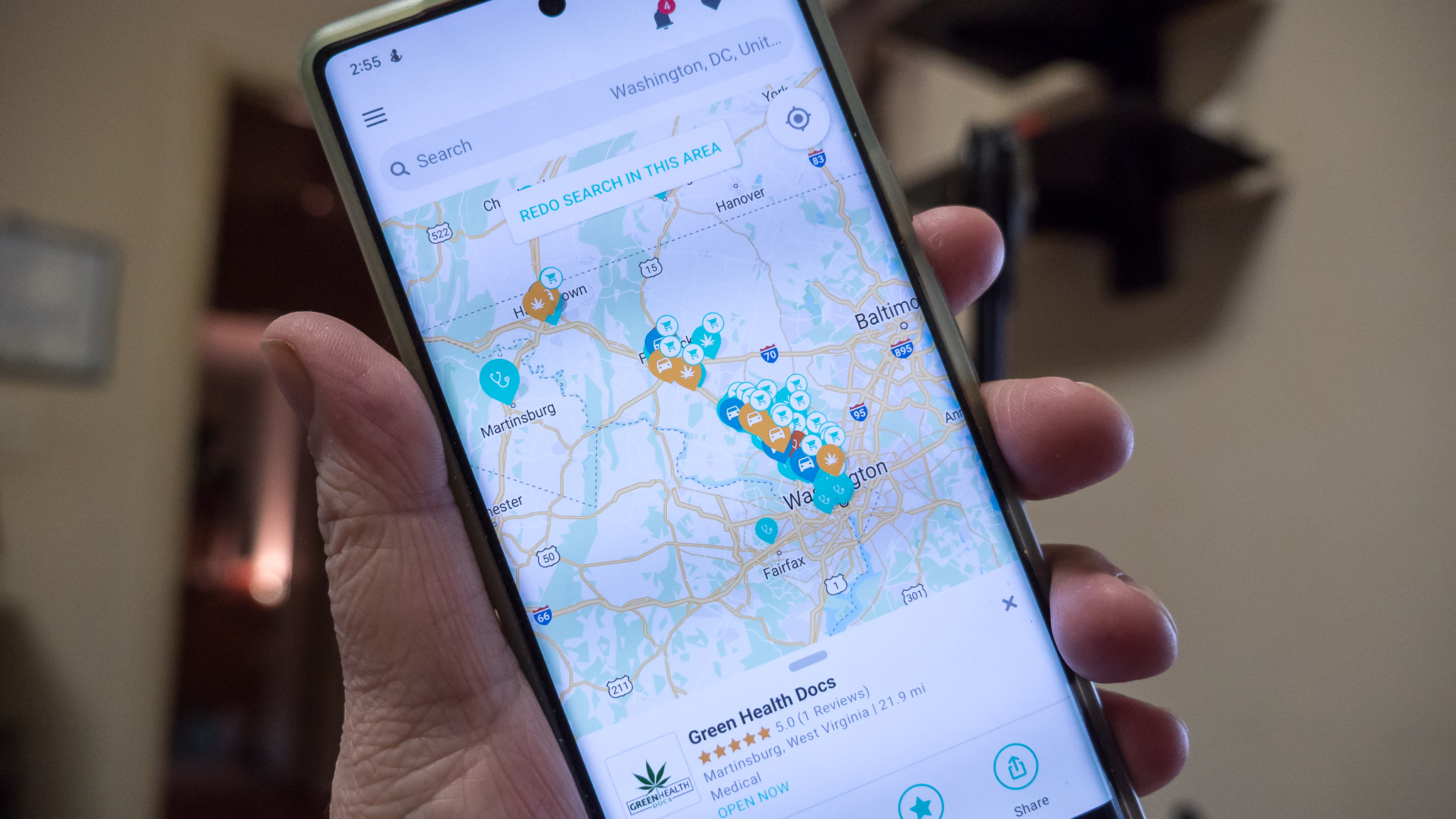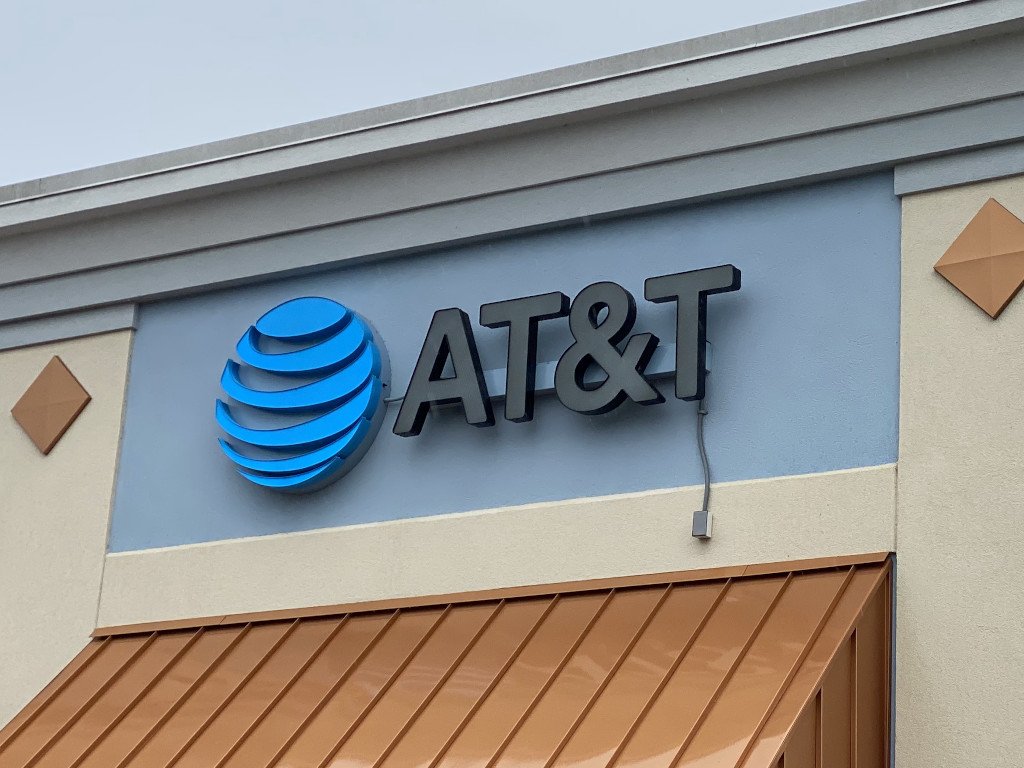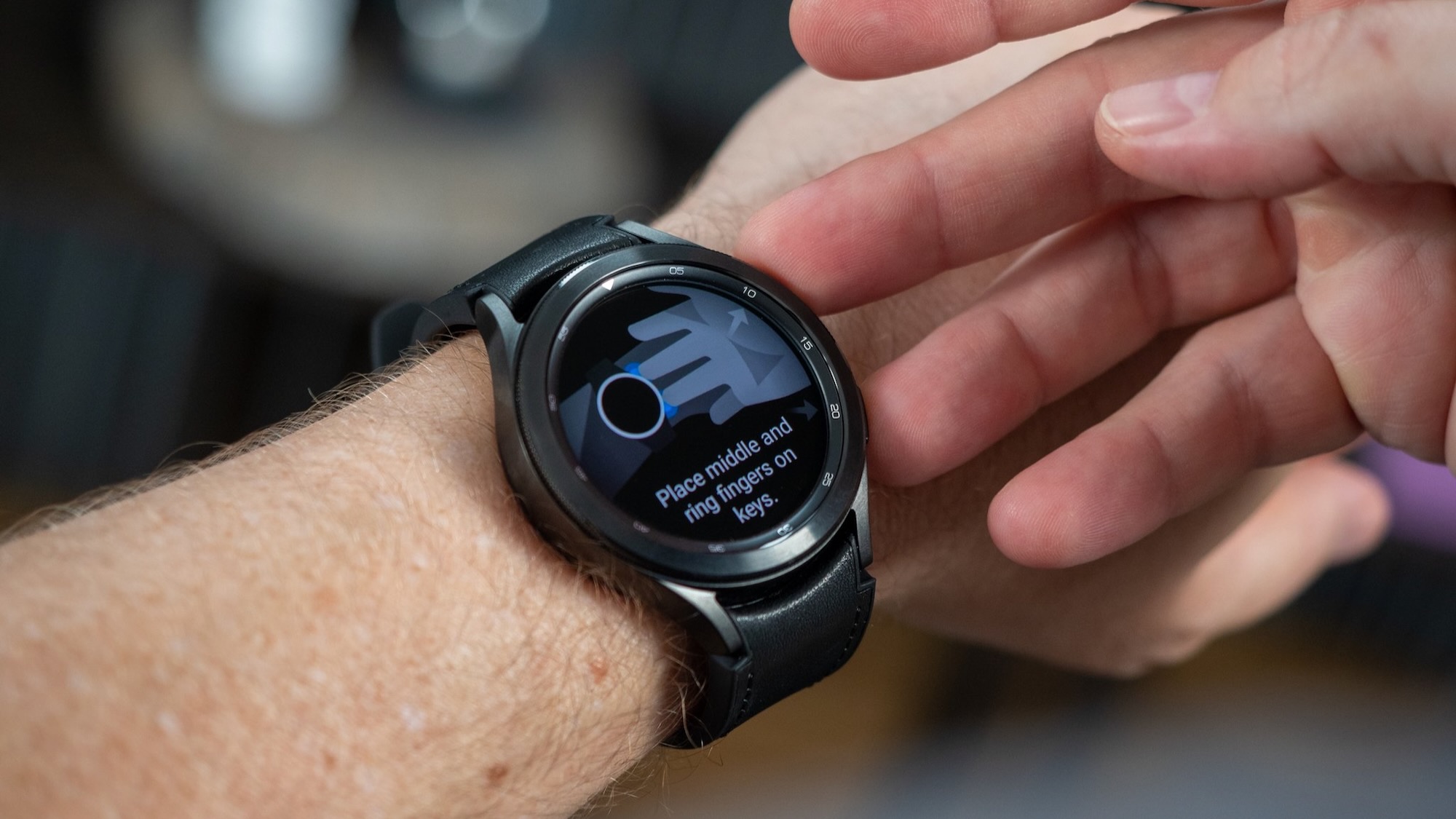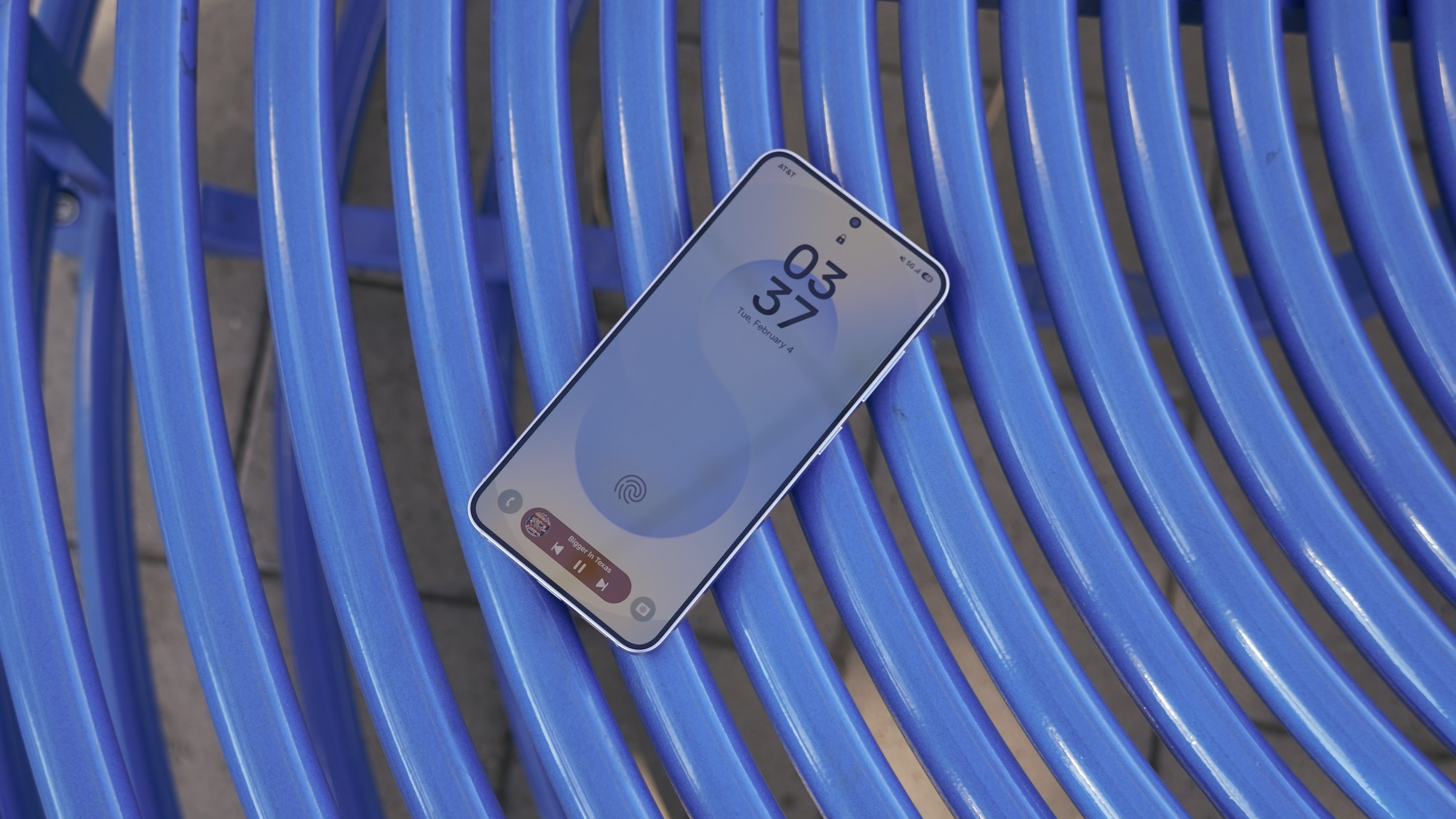Collecting and selling location data means you might want to leave your phone at home once in a while
You can run, but you can't hide.

Location tracking is in the news again, but it never really went away. No matter what is done to protect your location data and no matter who tries to help you protect it, someone finds a way to gather it and sell it.
The most recent example involves persons visiting Planned Parenthood clinics having their location data harvested through the apps installed on their phones by a company called SafeGraph. SafeGraph then sells this data for $160 per week's worth of tracking data to anyone willing to buy it.
This isn't about Planned Parenthood. It's about our right to privacy.
I'm not here to express my opinion about Planned Parenthood, abortion, or women's rights. I'll leave that discussion for someone else to wade into. But this is just the latest incident, and Planned Parenthood is just one of the "brands" that companies like SafeGraph single out and sell.
It also seems like there is no way to stop it from happening — both Google and Apple have tried and failed. The one way to stop someone from knowing where you have been might be to keep your smartphone at home.
You can't hide from smart tech

As mentioned, this isn't a women's rights issue. No matter who you are or what you are doing, some person or group out there dislikes it (or you) enough to pay for information they could use to harass you for doing it.
That could be visiting Planned Parenthood. It could also be visiting a gun store, a cannabis shop, or a church. This is not a conservative versus liberal issue or a fascism versus socialism issue. It is an us — normal people who deserve a bit of privacy — versus them — companies willing to sell our data to anybody — issue.
You can be tracked visiting an abortion clinic, or a gun store, or even a church.
Google has found ways to stop apps from tracking your location with a really good one-time permissions system. That's great, but developers only need to tell you that the app you just downloaded won't work unless you give it location permissions to get around it.
Be an expert in 5 minutes
Get the latest news from Android Central, your trusted companion in the world of Android
Google changed things so apps can't collect location data in the background. Developers and ad networks that want to track us changed some code to work around it. Google even kicked SafeGraph out of the Play Store, meaning any app that uses its SDK is no longer hosted at Google Play. In response, SafeGraph built a system where developers can collect the data on their own and sell it directly to them.
Apple has tried similar methods to protect user privacy, so don't think this is a case where we get into the Android versus iOS thing. Apple's policies can't stop it from happening, either. Apple and Google can slow it down and make it harder, but data brokers like easy money enough to work around every move made to protect our location data.
You can't hide from the apps on your phone.
It goes deeper

Apps aren't the only things that collect your location data and they aren't even very good at it when compared to your phone carrier. I randomly picked a carrier logo above and got AT&T, but every U.S. carrier has been found to collect your location data and then resell it so they could make a few extra dollars.
This "just happens" too and there is no way to stop it. Your phone regularly looks for towers in order to find the best signal. The carrier keeps track of when each and every phone sent out that ping to a tower, and it can use that data as a way to precisely locate your phone at any given time, based on how long it took for the signals to travel to the local towers.
Your carrier is the pro when it comes to collecting and monetizing your location history.
This isn't anything nefarious in and of itself. Your phone needs to do it if you want good service, the carrier needs to have the data to keep its network running smoothly, and there are times when a person's location needs to be determined in order to protect the public or help a person. All of us would want an actual terrorist with a bomb or a kidnapped child to be found.
What's bad is keeping this data once it is no longer needed and selling it off. It's so bad even the U.S. government decided it needed to stop and slapped the carriers on the wrist with some fines. Surely that would make it stop, right? Nope.
You can't hide from your carrier.
You need to know this

I can't tell you if tracking people and selling data is good or bad because I can't tell anyone what to think. I don't even want to tell you what to think. I do, however, want to make sure you know.
Every smart gadget, from the best Android phone to your watch to the infotainment system in your car, can probably track your every move. It's highly likely that a third party — someone other than Google, Apple, or Toyota — can do it through that smart device.
It turns out that it's also likely that these location records are kept and sold off, which is terrifying when it comes to privacy.
You decide what's right versus what's wrong.
If you're looking for advice, I can only share what I do: I leave my phone at home when I drive my ancient, infotainment system-free truck to go buy my 100% legal and doctor-prescribed weed. I would do the same if I were visiting Planned Parenthood or buying a box of shotgun shells.
I'm not ashamed of any of those things, and you should never be ashamed of doing a thing you think is right. Just remember that there will always be someone who disagrees with you and they can spend a few dollars to see that you did it.

Jerry is an amateur woodworker and struggling shade tree mechanic. There's nothing he can't take apart, but many things he can't reassemble. You'll find him writing and speaking his loud opinion on Android Central and occasionally on Threads.
